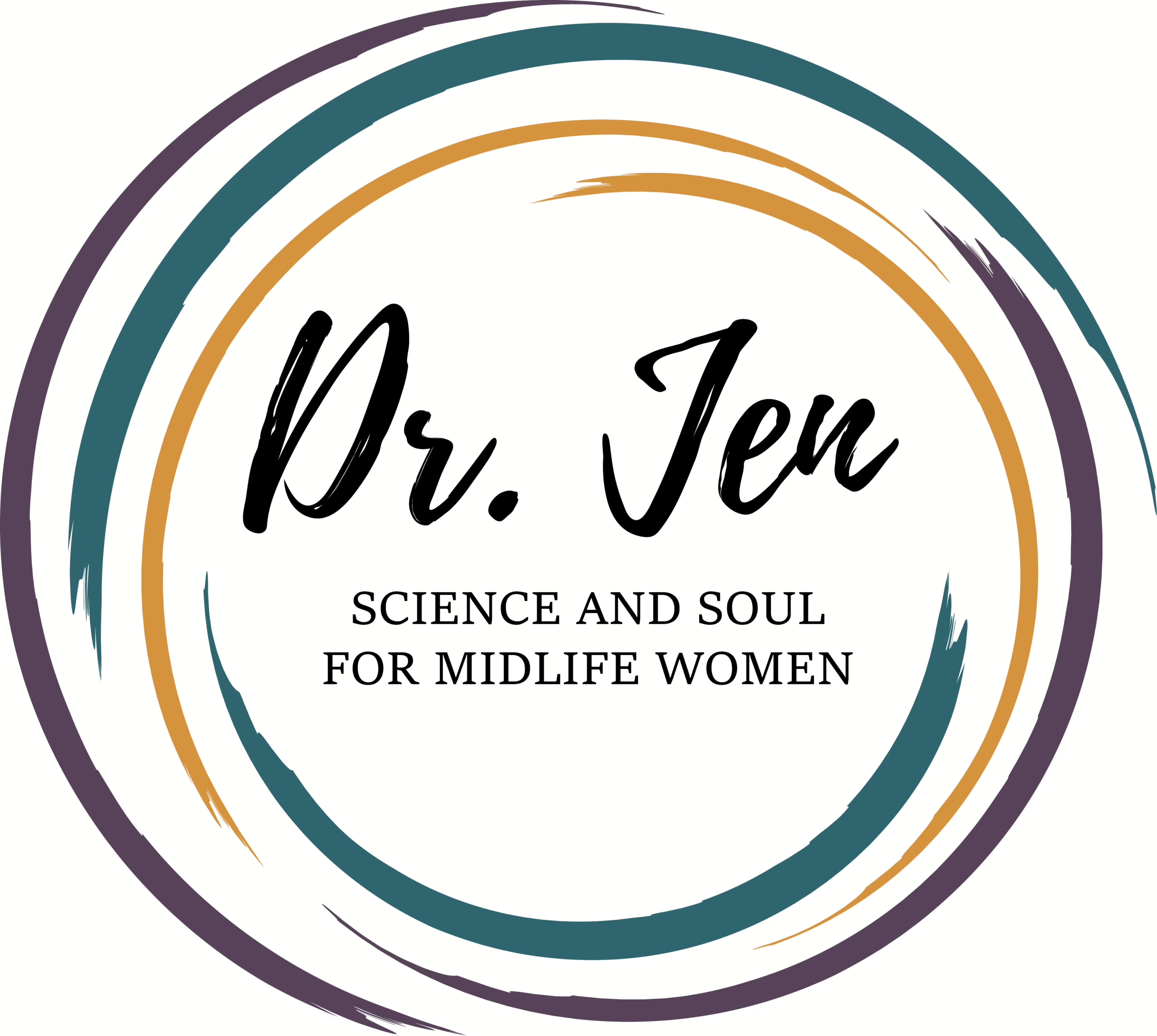Feeling disconnected—even in a group? You’re not alone. In this piece, I unpack the hidden cost of modern “support systems” and why online support doesn’t work when what your body truly needs is presence, not performance. From co-regulation to cultural rupture, here’s why real healing isn’t something you can download.
The Loss Beneath the Loss
Life has always been hard.
There’s always been pain — trauma, betrayal, rupture. None of it is new. But more and more, the ache is in carrying it alone, with no one to call at 3am.
We’re used to talking about first-order suffering: illness, death, grief, limitation—the human condition. We even recognize second-order suffering: the kind inflicted by others—abuse, injustice, betrayal, marginalization.
But what if the most insidious pain is neither of those?
Theologian Bruce Rogers-Vaughn coined the term “third-order suffering” to describe the disorientation of facing life’s weight without a shared container. I see it show up in the nervous system—where there’s no co-regulation, no witness, no place to land. It’s not the storm itself. It’s standing in that storm naked, abandoned, without meaning or anchor.
The Containers We’ve Lost
We used to have shared containers for suffering—some messy, some sacred, all functional in their own way.
Not everyone had a porch swing and a nosy-but-caring neighbor. But maybe they had a church basement full of casseroles and whispered prayers. A quilting circle where grief got stitched into fabric. A hunting camp or the back pew where silence was connection. A union hall or fraternal lodge where people knew your name—and your pain. A kitchen table where three generations lived under one roof and nobody ate alone.
These places weren’t always perfectly safe. But they offered nervous systems a landing place, however imperfect — contact points where your pain wasn’t invisible and your body didn’t have to carry the full charge alone.
From Connection to Performance
Now?
We have Discord channels and Slack threads. Branded Facebook groups and Zoom rooms filled with people who will comment on your spiral, but can’t offer a glass of water when you’re parched from crying.
We’ve confused access with intimacy. Visibility with connection. We have “support containers” that feel more like performance theaters—where everyone’s holding space but no one’s holding you.
The 3am Friend Fallacy
Everyone needs someone who would answer the phone at 3am—not a spouse, not a “coach,” but someone whose nervous system knows how to sit in the wreckage without fixing it.
The truth is, most of us have trained ourselves not to call. We flinch at every ring—spam, scams, and the shame of needing anyone. We label disconnection as “boundaries” and self-abandonment as “self-sufficiency.” We’re terrified of being a burden, so we break in private, in silence, on screen.
We’re bowling alone.
Scrolling together, but metabolizing pain in isolation.
And when someone finally does call? We panic—because we never rehearsed presence, only practiced performance.

What We Actually Crave
Not curriculum. Not content drops. Not twenty people holding space in a grid of frozen Zoom faces.
We crave co-regulation. Breath. Presence. A knock on the door when words don’t cut it.
Real healing doesn’t happen in the chat box. It happens in the pause between contact and care.
So maybe this ache we feel isn’t individual failure.
Maybe this is what happens when a culture withdraws its hands.
Why This Matters for Healing (and Why Online Support Doesn’t Work)
Online “community” can feel like a warm blanket until your body starts to break down and you realize no one can bring you broth. No one knows your rhythms. No one can feel the subtle shift in your tone and say, “You okay?” without a form or intake.
This is why I don’t run online group programs.
Because healing is not a course, a curriculum, or a comment thread.
Healing is a field.
A pause.
A flicker of eye contact.
A deep breath that finally lands because someone’s system made enough room for it.
So no, you’re not collapsing without reason.
You’re just trying to hold voltage in a world that forgot how to plug in—how to ground, how to hold a charge.
If your body has been craving contact over curriculum, I don’t offer programs—I offer presence. [Here’s how we work together.]
